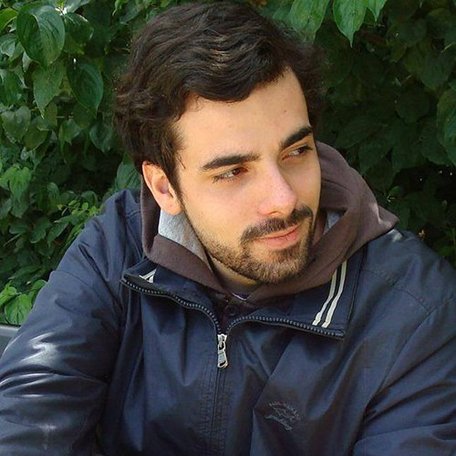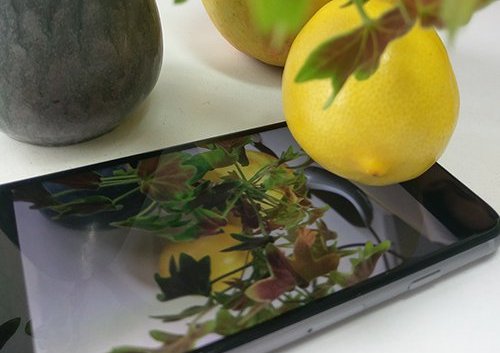
Symbiotic relationships in Digital Environments : The potential of biological interactions in Interaction Design
Biological interactions are an integral part of our ecosystem and have evolved through biological phenomena that can be retrieved, synthesised and reformulated. With the development of life changing technologies, the emergence of disciplines inspired by natural phenomena, and human interactions, the digital space is rapidly changing. Reimagining the interdependent interaction systems allow us to create new paradigms to visualise and capture the relationships of our world.
This research aims to observe, document and reflect symbiotic relationships, transferring biological knowledge to propose different approaches and methodologies for interaction design practices. The evolution of interactions between entities, digital, physical and human will also be examined in depth. The output will be applied in real life scenarios to determine applicability and feasiblity.
Key details
School, Centre or Area
Gallery
More about Marcos
Biography
Marcos Soares is a designer and researcher currently pursuing his PhD in Innovation Design Engineering at the Royal College of Art. Marcos holds a Bachelor’s in Computer Art and a Bachelor’s in Anthropology from the State University of New York College at Oneonta and a Master’s in Multimedia with a specialisation in Technologies from the Faculty of Engineering from the University of Porto.
Prior to joining the Royal College of Art, Marcos was a member of the Human-Computer Interaction team at Fraunhofer Portugal where he gained experience in Research and Development projects in the fields of Ambient Assisted Living and Information and Communication Technologies for developing nations.
His current area of research relates to the observation, reflection and documentation of digital relationships inspired on biological phenomena and the how designers can deliver symbiotic interactions in cross-channel experiences
